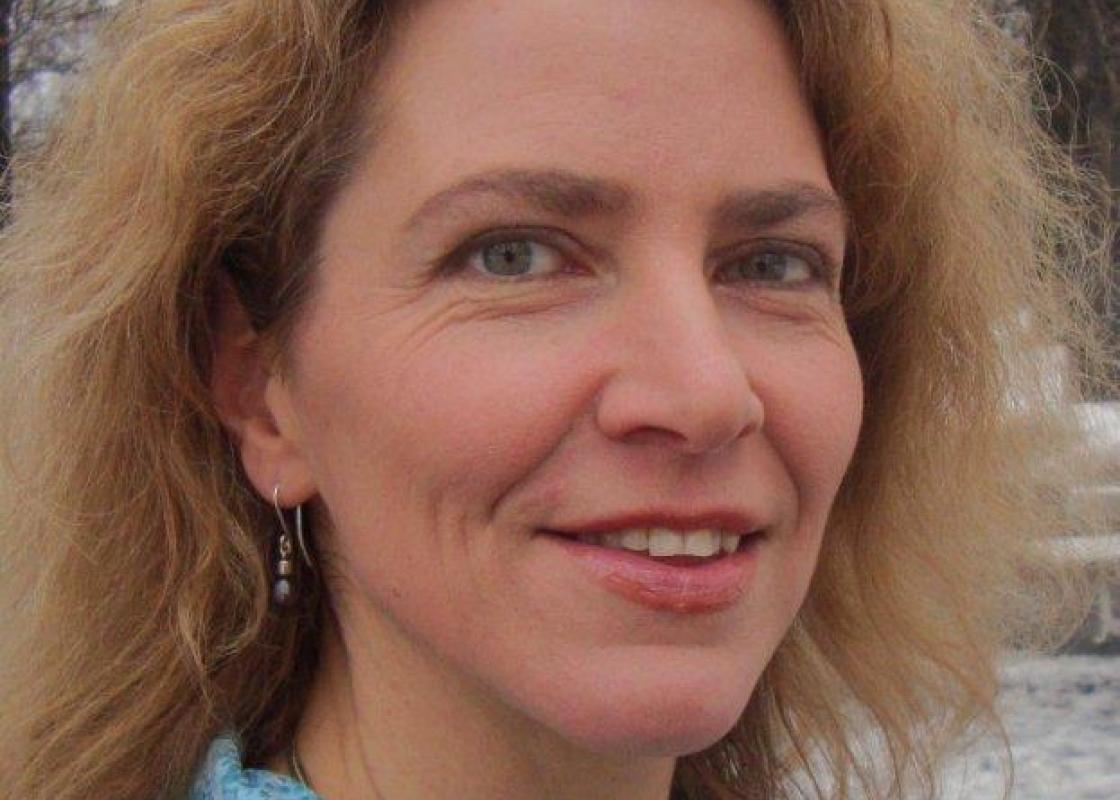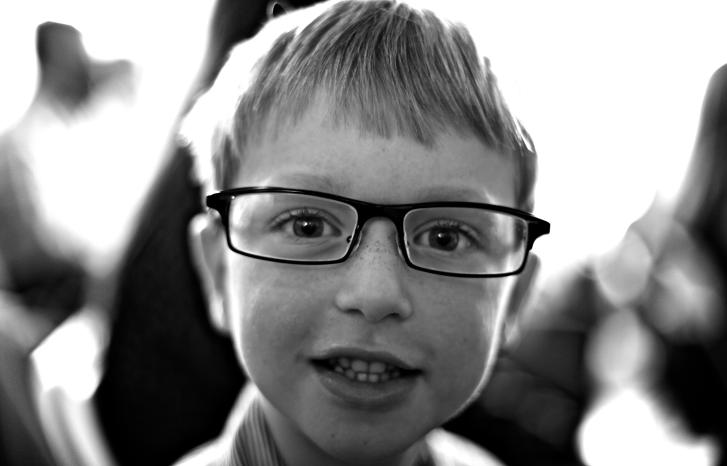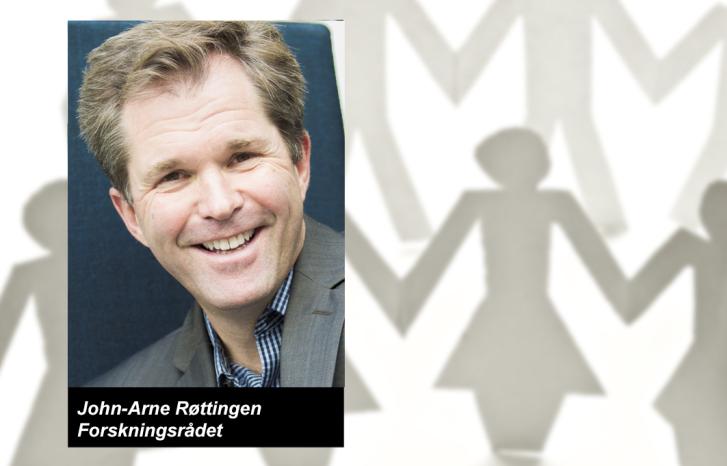Jorunn Økland has had a shock start in her new role as director: A debate is currently raging in the Norwegian media about social scientists and biology. Have social scientists deliberately downplayed biological explanations of human behaviour for political reasons? Not surprisingly, Økland’s centre and her gender researchers have found themselves in the middle of this debate, sparked by a popular scientific programme on the Norwegian public TV channel NRK.
“In a way the debate is a gift. Many notions and beliefs have risen to the surface, and I find the sparring among the disciplines to be exciting. The process is also tiring. After all, I’m responsible for the centre’s staff and I want to profile the broad range of our activities. But with regard to my agenda on interdisciplinarity, the debate is excellent!” says Jorunn Økland.
When she returned home two years ago after eight years in the UK, she immediately thought it was fantastic to have a research centre that was so visible among the Norwegian public. But – she says – she was not prepared for the type of debate that has taken place in recent weeks. The gift she received contained some unwelcome items.
“Clearly, the centre’s reputation has been tarnished, and I feel badly that the people who work here have been met with some strange ideas about who we are and what we do.”
Therefore, Økland wants to clarify this immediately, in case anyone was in doubt: The Centre for Gender Research reports directly to the Board of the University, and its goal is to advance gender research. Økland herself is a professor of interdisciplinary gender research from a humanities perspective.
“As a humanities researcher I work mostly with written material, and my aim is to develop tools for interpreting texts that include a gender component,” explains Økland.
In all directions
For Økland, interdisciplinarity means that none of us has the answers beforehand, that we should not force another person’s research into our own paradigm. But of course we can challenge established truths – including in our own field. In her view, the fact that interdisciplinary knowledge was more common 100 ago is a loss for Norwegian academia, and she points out that such an approach is much more widespread in England:
“The University of Oslo can never be an international leader without more interdisciplinary research,” she says. “Research is not a competition to see who has the biggest scientific muscles.”
“Is nature or nurture the reason that you became an academician?”
“That’s a good question. We have several university rectors and professors in our family, but my parents were teachers. My father taught drawing at a teachers’ college, and my mother taught Norwegian at the American school in Stavanger. In many ways it was natural to choose a career in academia. Maybe it was the environment? There was a highly intellectual milieu at the teachers’ college and the American school, with many people who held doctoral degrees. My mother was also very active in the cultural sphere, and our home was relatively gender equal.”
Økland regards herself as a hardworking person, and although she enjoys working a lot, her efforts at damage control in recent weeks have taken their toll.
Luckily, she is relieved to report that after only three months in her new job, she has already achieved two of the three goals she set for the centre: international development – and resurrecting the dormant professor II position in medical gender research in cooperation with the Faculty of Medicine.
“I’m meeting with them tomorrow,” says Økland with satisfaction.
“Is this a response to the critique lodged against the centre for a lack of collaboration across disciplines?”
“It could be perceived like that, but it is not. We started working towards this goal as early as last autumn. In the 1990s, the centre put a strong focus on interdisciplinarity, but the Faculty of Medicine and the Faculty of Mathematics and Natural Sciences cut back on positions, which I very much regret. I’m just glad that we can now launch this formal collaboration,” says Økland.
Økland says it is a fairly recent phenomenon that so many international researchers are coming to the centre to conduct research with their own funding.
“Is it especially interesting for gender researchers to work in the Nordic countries?”
“Absolutely. First, gender studies are big here and surrounded by far more public interest than I have experienced elsewhere. Secondly, our perception of reality is shaped by the society in which we live. This is true also for researchers. Something that researchers in one context consider as an impossible ideal, is part of the daily life of researcher in a different context. There is a huge difference between working in Norway and England, for example. The Nordic countries are unique in an international context because of their high degree of gender equality. As a result, we ask different questions about gender. In England I found that researchers rejected all proposals for dividing parental leave between mothers and fathers. But in Norway this is a reality! Social contexts shape our view of reality,” explains Økland.
A taste for the writings of St. Paul
For eight years Økland was employed at the University of Sheffield in England, a bit surprising perhaps, at the internationally recognized Department of Biblical Studies. She wrote her doctoral thesis, which she finished 10 years ago, on St. Paul and his ideas about the role of women. As a Doctor of Theology, Økland knows her Bible and is an international expert in the field. Last year she was elected as president of the European Association of Biblical Studies, and is currently a member of the editorial board for the Journal of the Study of the New Testament, in addition to other positions.
“Why did you want to spend several years studying the writings of St. Paul?”
“My main interest was classical languages, and I work with the historical aspects of the Bible from a critical perspective. To put it one way, I do not believe the Bible is the word of God; very few researchers do. In my most recent book (in Norwegian) I argue for an atheistic interpretation of Paul’s writings,” says Økland.
“St. Paul is important because he is a universalistic thinker. In fact, he has become quite popular in some areas of philosophy. He is ‘in’ at the moment, and in this way I’m lucky,” she says.
But first she will put out fires and light new flames at the Centre for Gender Research. Her plans for the centre call for a greater emphasis on gender, class, ethnicity and religion – and the relationship between them.
Translated by Connie Stultz
Jorunn Økland is a Director at the Centre for Gender Research at the University of Oslo, and Professor of interdisciplinary gender studies in the Humanities.
The Centre for Gender Research was established on a temporary basis in autumn 1986 at the University of Oslo, and became a permanent unit in 1997. In 1999 the centre began teaching courses, and since 2003 it has offered a bachelor’s degree in “Gender, Feminism and Equality”. The Centre for Gender Research is the largest gender research body in Norway.



